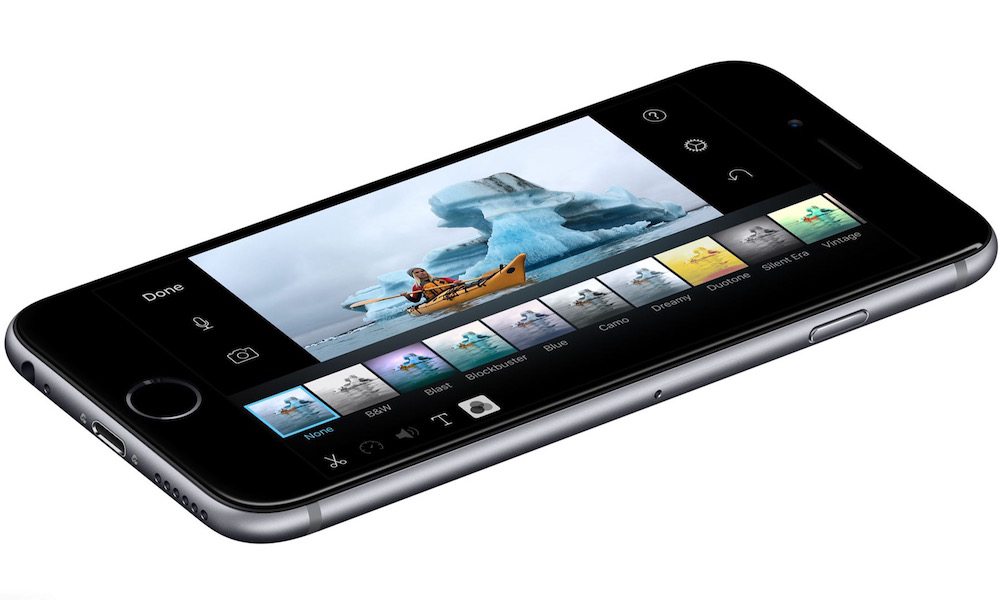Police Brutality Reports Give Momentum to Petition Asking Apple to Trash iPhone Camera Jammer

Toggle Dark Mode
Smartphone cameras have become second nature to people. They use them to show off the food they’ve eaten, places they’ve visited, and people they’ve seen. However, there is a downside to the quality cameras built into most cellphones: copyright infringement. A growing problem is illegal recording of movies with cellphones in theaters.
Apple recently filed a patent for technology that can remotely prevent iPhone cameras from functioning. It’s something applauded by production companies, which claim piracy hurts the people who work on movies behind the scenes. “More than 12,000 people have signed an online petition asking Apple not to deploy technology that would allow third parties like the police to use it to disable cameras on user phones under certain conditions” according to Computer World.
Blocking camera phones in a movie theater is not controversial, but the main concern is the ability for law enforcement and other organizations to have access to the new technology. Recent police involved shootings were captured by witnesses on their phones, which have proven to be a valuable source for capturing and rectifying problems with law enforcement. Having the ability to document troubling events like this helps the public remain informed and can often have added benefits for the legal system.
The Apple patent states, “In some embodiments, infrared data can be received and an electronic device can modify a device operation based on the infrared data. For example, an electronic device can disable a function of the device based on received infrared data.” It would be possible for officers to activate a device that could then deactivate iPhone cameras should this patent become a new feature.
Some civil liberties groups are critical of the potential of this new technology. “While the technology is being promoted as a tool to prevent the filming of copyrighted material, we think it has the potential to undermine efforts to hold law enforcement accountable” writes Nicole Ozer, Technology and Civil Liberties Policy Director for the ACLU of California.
It’s a unique conflict, protecting intellectual property versus preventing the right to “know”. It’s important to protect the hard workers who help to bring entrainment to the public, however, police need to be held accountable when they use inhumane force against a suspect or innocent person. The challenge is to balance the interest of both.






